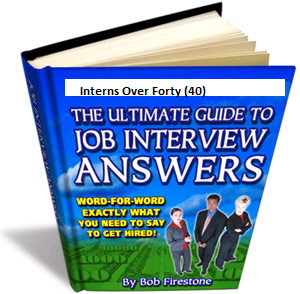What Sets You Apart?
Personal branding is the act of letting your identity be known and showing the qualities that set you apart from others in your area of discipline. It comprises a combination of skills and talents alongside style and personality. In other words, it requires having a clear message of who you are, what direction you are going in, as well as the experience you have. You are letting the hiring manager be aware of your identity so that you are not just part of the faceless crowd.
Personal branding comes with lots of advantages. Besides highlighting your personal strengths, personal branding can help pull your resume from the bottom to the top of the pile and make you an outstanding interviewer.
Here are some tips to help prepare yourself for a new job:
- Brainstorm: Take some time to think about what to include in your personal brand. You can do this by going over your resume, understanding the leadership qualities you possess and your work ethic. Determine the path or direction you want to take your career in and also figure out the type of projects you are mostly drawn to. Then, develop a big plan on how to express this to the hiring managers and recruiters.
- New Market, New Skill: You have to accept the fact that you are competing in a marketplace which is entirely different from what you had in the past. Consequently, you have to learn about the new workplace, accept and leverage it to your advantage. You can do this by trying to understand the generational differences. For example, there is a myth that older workers are not usually energetic or tech savvy. However, they are generally taken to be reliable, honest, hardworking and loyal. Take the positive assumptions, and use them to your advantage. Efforts should be made at addressing the negative ones.
- Technology and social media: Brush up your knowledge about the latest technologies and get yourself engaged in the use of social media. Show your prospective employer your willingness to learn new things. Social media is a great platform to start your personal branding. Therefore, you have to build a social media friendly resume and ensure its done the right way by not making blind submissions to different websites. The idea is to create a resume that would be so dynamic that it becomes readily accessible through searching, distributing and sharing. The resume should be able to:
- Accurately portray who you are as a brand.
- Attract hiring managers, recruiters and job opportunities to you, instead of going about making blind submissions.
- Showcase your abilities, talents as well as what you look for in a job. You can create a personalized resume by clicking here.
- You can also make use of a cover letter. A cover letter represents a better place to make your personality known. Be unique and discuss why you would be a better choice over your younger colleagues. Start creating cover letters that get interviews by clicking here.
- Posting your information on platforms like Facebook, LinkedIn, Twitter, Reddit, Tumblr and others is a good way to get started.
- Make Yourself Stand Out: This involves convincing the hiring managers that you are a very rare talent. Start by expanding your thinking about your own particular capabilities, then tell it to the world. And make sure you describe your unique personal brand value in everything you do. You can do this by creating an online profile and identity, building your network, connecting with local groups and associations, and seeking out volunteer opportunities.
Studies have shown that most workers who seek job opportunities at mature ages usually find the new job more appealing when compared to the old job. Therefore, ask yourself how you could combine your vast knowledge, experience, and personality to produce something that a younger counterpart cannot. In other words, regardless of your age, you can always brand yourself and stand out.
CLICK HERE for a complete schedule of online workshops and resources to prepare you for your new career.
















